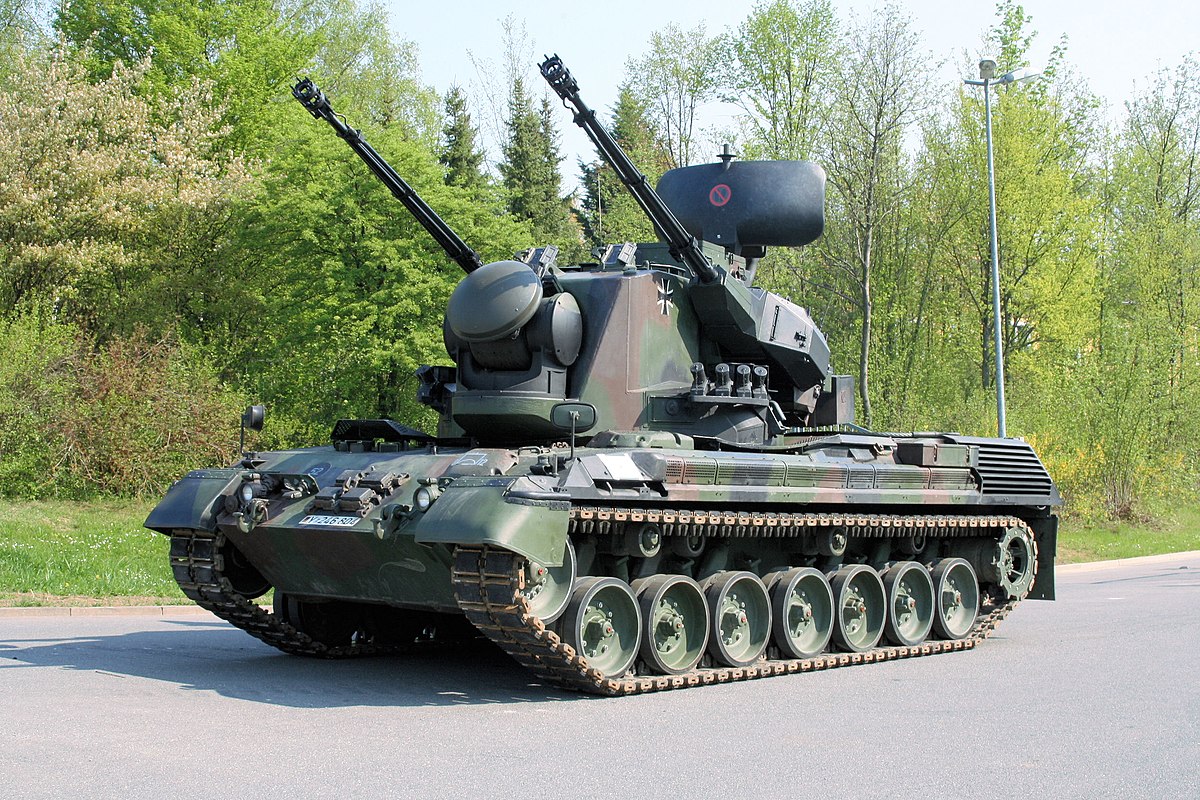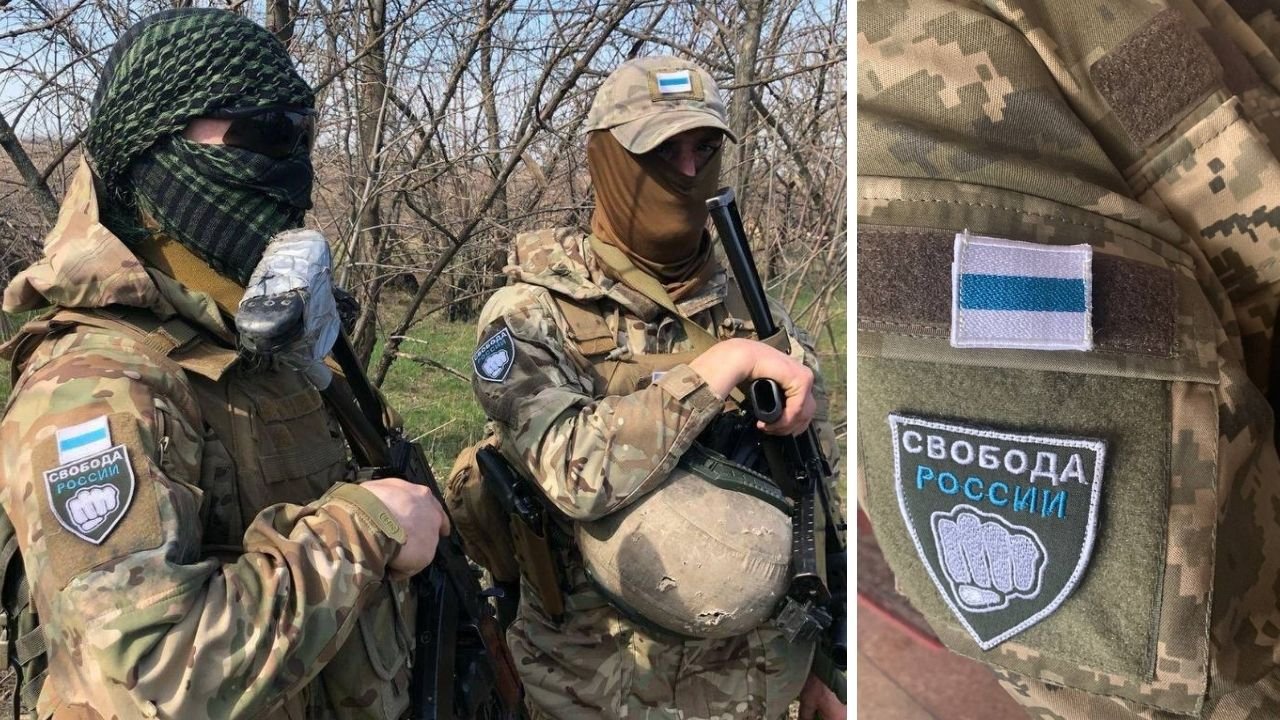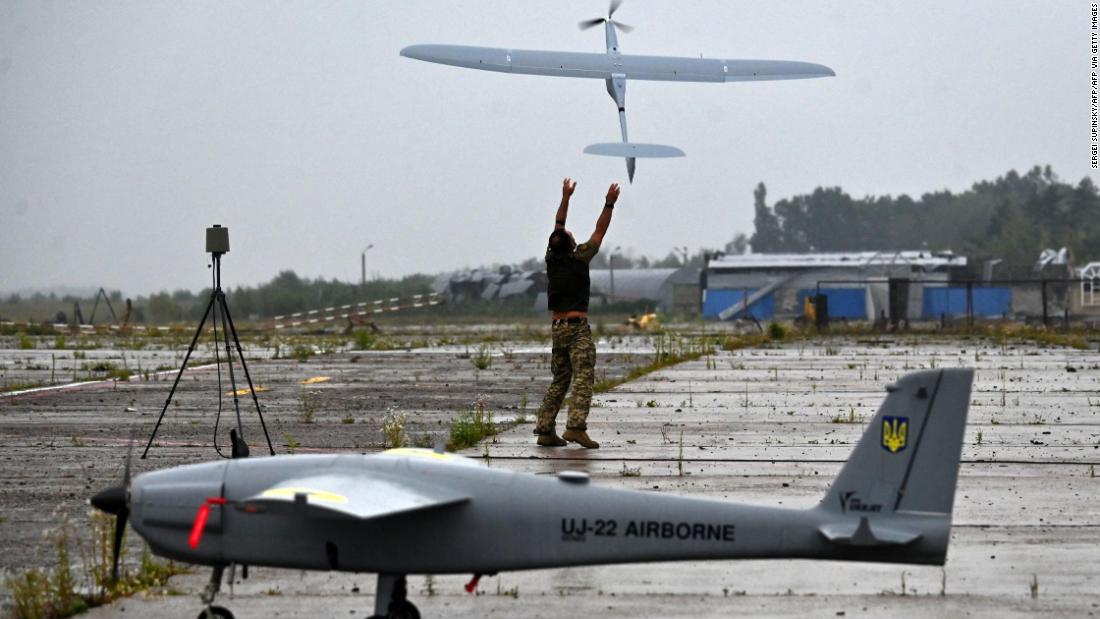In the early hours of Friday morning, Russia’s air defense system reportedly intercepted and shot down several Ukrainian drones over the western region of Kursk, as relayed by Governor Roman Starovoyt. Concurrently, conflict escalates in Belgorod, which experienced several strikes. Amidst the chaos, Russian dissident groups claim to have infiltrated the region, opposing Kremlin leadership. These developments shape a complex narrative, one intertwining advanced military technology, civil dissent, and border clashes.
The Significance of Drones and Air Defense Systems

Drones represent an increasingly critical component of modern warfare, enabling precision strikes with minimal risk to human operators. Their presence over Kursk underscores their strategic value and the escalating military tension between Russia and Ukraine.
Russia’s success in intercepting these drones reaffirms the operational capacity of its air defense system, crucial in controlling airspace and protecting infrastructure. Moreover, it amplifies the conversation around the role of sophisticated air defense mechanisms in modern warfare and national security.
Interpreting Cross-Border Strikes
The strikes on Belgorod underline the fluidity of the conflict’s geography. Border regions often become flashpoints in conflicts due to their geopolitical sensitivity and logistical significance. With Belgorod’s proximity to Ukraine, the region is naturally exposed to cross-border strikes, raising concerns about civilian safety and regional stability.
The governor’s remarks about artillery and mortar attacks causing infrastructural damage illuminate the human and economic cost of these incursions. Damaged roads and vehicles not only signify immediate material loss but also disrupt communication lines and supply chains, exacerbating the hardships faced by the local population.
Deciphering the Role of Dissident Groups
The claims made by Russian dissident groups add a layer of complexity to the situation. Such internal opposition often arises in response to dissatisfaction with governance, potentially creating internal fractures within a nation already grappling with external conflict.

Ukraine’s dismissal of responsibility over these groups signifies the intricacy of transnational affiliations in times of conflict. It also highlights the blurred boundaries between state actions and independent activism, complicating the task of attributing responsibility for specific actions or incidents.
Implications and Future Directions
The downing of Ukrainian drones over Kursk, the strikes on Belgorod, and the claims by Russian dissident groups collectively paint a picture of a multifaceted conflict. The implications are wide-ranging, affecting not only military strategies but also the broader political and social landscapes.
How these situations unfold will depend on various factors, including the effectiveness of Russia’s air defense, the resilience of Belgorod’s infrastructure and communities, and the ability of both Russia and Ukraine to manage dissent and maintain unity.
As world leaders monitor the situation closely, the stakes continue to rise. The decisions they make and the actions they take in response to these developments will undoubtedly play a significant role in shaping the trajectory of this complex conflict.
©world-news.biz
